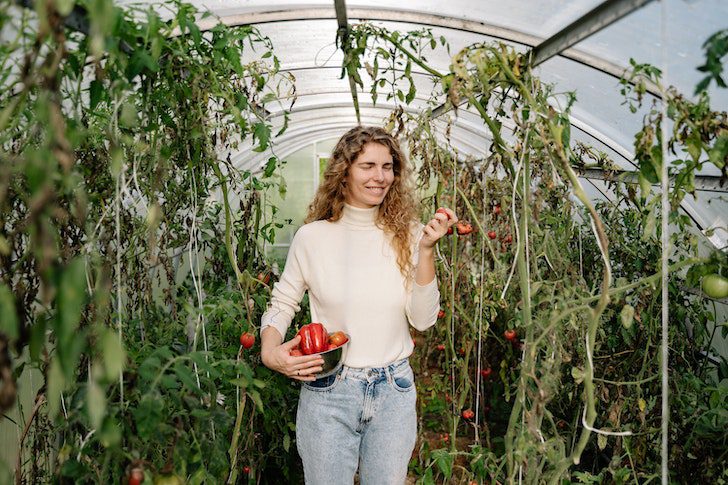Rising inflation and food price hikes to 11.4% in the past year has forced people to change their eating habits. Many families mentioned that they now dine out less often and are buying less meat. Consumers are looking for fewer deals and discounts to generic brands to lower their grocery expenses.

Alexander/Pexels | Household expenses have significantly risen due to the hike in prices
Families who were struggling to buy food even before the price hike are now in an even more troublesome situation. If food prices continue to increase and outpace the increase in wages, then there will be inevitable consequences. William Masters, a professor at Tufts University school of nutrition science and policy, says that food matters greatly to our self-esteem and mood. Not being able to buy the food that your children are asking for is a hard thing. A disruption in any habit is always very, very hard.
Giving Up On Simple Pleasures
Carol Ehrman loves to cook, especially Indian and Thai food. However, stocking up on spices for dishes is not possible anymore. The grocery that used to cost $250 to $300 is now worth $400. To bring their costs down, Ehrman stopped buying groceries in bulk. She now keeps a close lookout for sales to buy beef and plans simpler meals and has said goodbye to dinner parties for now.

Anna/Pexels | People have cut down on fruits and vegetables to meet their expenses
Reducing Spending On Dining Out
Rich Wichmann, 64, and his family have now been dining out less often. With menu prices now rising due to inflation, they are convinced to stick to their old habits. Eating out has become more expensive than ever, but he is also happier with home-cooked meals anyway. Wichmann also noticed that spending has increased by 25% so he avoids stopping at Stop & Shop and avoids whole foods.

Yan/Pexels | Some families have now created vegetable gardens in their homes to lower their expenses
Make A Vegetable Garden In Your Home
Jenni Wells has come up with a great idea to reduce food expenses by creating a vegetable garden in your home. Large-scale destruction of crops and livestock due to floods has influenced the prices to go up. Hence, she decided it was time to be self-sufficient and planted a vegetable garden on her front lawn. This year she has successfully grown cauliflower, broccoli, tomatoes, peppers, squashes, okra, and other vegetables in her garden. Undoubtedly, there are maintenance costs associated with the garden but has reduced the weekly grocery spending from $200 to $50.
Change For Betterment
Consumers have made changes to adjust to the current circumstances. People are limiting their meals to one primary dish with bread or salad on the side. To reduce dining out expenses, some families choose to order less. For example, if they order a burger, they will order a few sides and have beverages at home. People are cutting down on fruits and veggies as well and they plan to go back to buying them when they can afford them.





